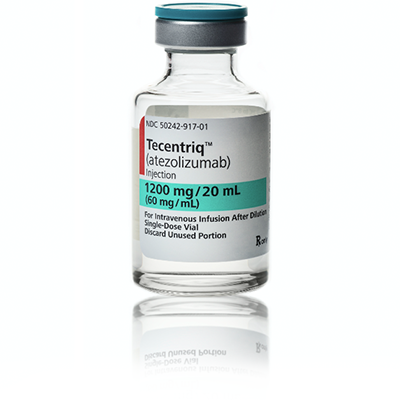CANCER DIGEST – Oct. 30, 2016 – A new analysis of the electronic medical records of prostate cancer patients shows a link between hormone blockade therapy and the future risk of dementia.
The researchers at the Stanford University School of Medicine and the University of Pennsylvania Perelman School of Medicine, looked at deidentified records from Stanford Medicine’s clinical-research data warehouse culled from nearly 10,000 patients with prostate cancer.





